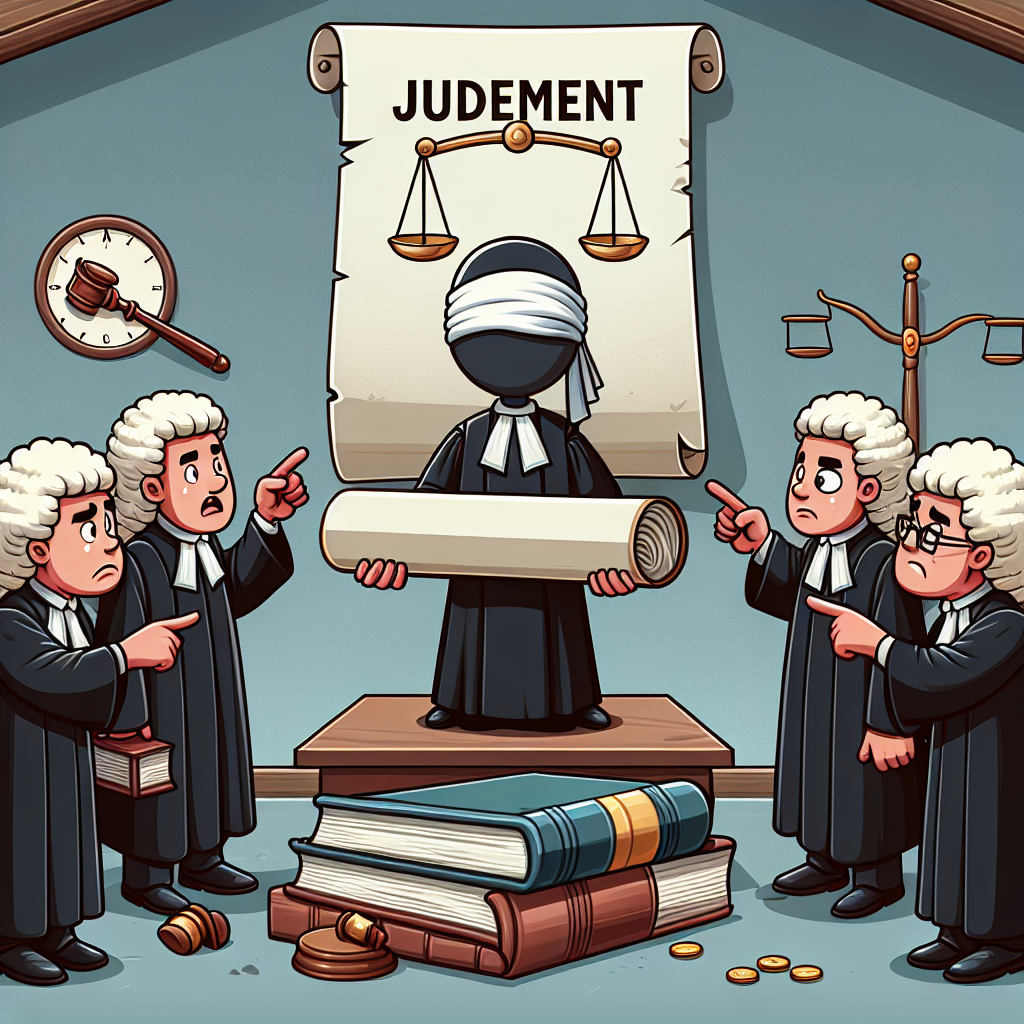Supreme Court's Landmark Ruling Challenges Economic Theories on Private Property
The Supreme Court's majority decision, led by Chief Justice D Y Chandrachud, critiques former Judge V R Krishna Iyer's advocacy for state control of private resources, deeming it a rigid economic doctrine. The judgment stresses the Constitution's flexibility in economic governance, countering Iyer's views from past cases.

- Country:
- India
The Supreme Court of India delivered a pivotal verdict on Tuesday, scrutinizing the economic philosophies concerning state control over private property. The majority opinion, penned by Chief Justice D Y Chandrachud, took issue with the perspective of former Justice V R Krishna Iyer, who previously championed greater state authority over private resources as a constitutional necessity.
In a 7:2 decision, the bench concluded that privately-owned resources should not be seen as the community's material possessions eligible for state appropriation to serve the common good. This standpoint counters Iyer's dissenting opinion from a 1977 case, where he supported state intervention in private property.
The judgment underscored the Constitution's intent to allow governments flexibility in economic policy, rather than binding them to a uniform economic doctrine. Justices BV Nagarathna and Sudhanshu Dhulia diverged from this view, emphasizing Justice Iyer's historical influence and judicial activism in shaping landmark decisions.
(With inputs from agencies.)









